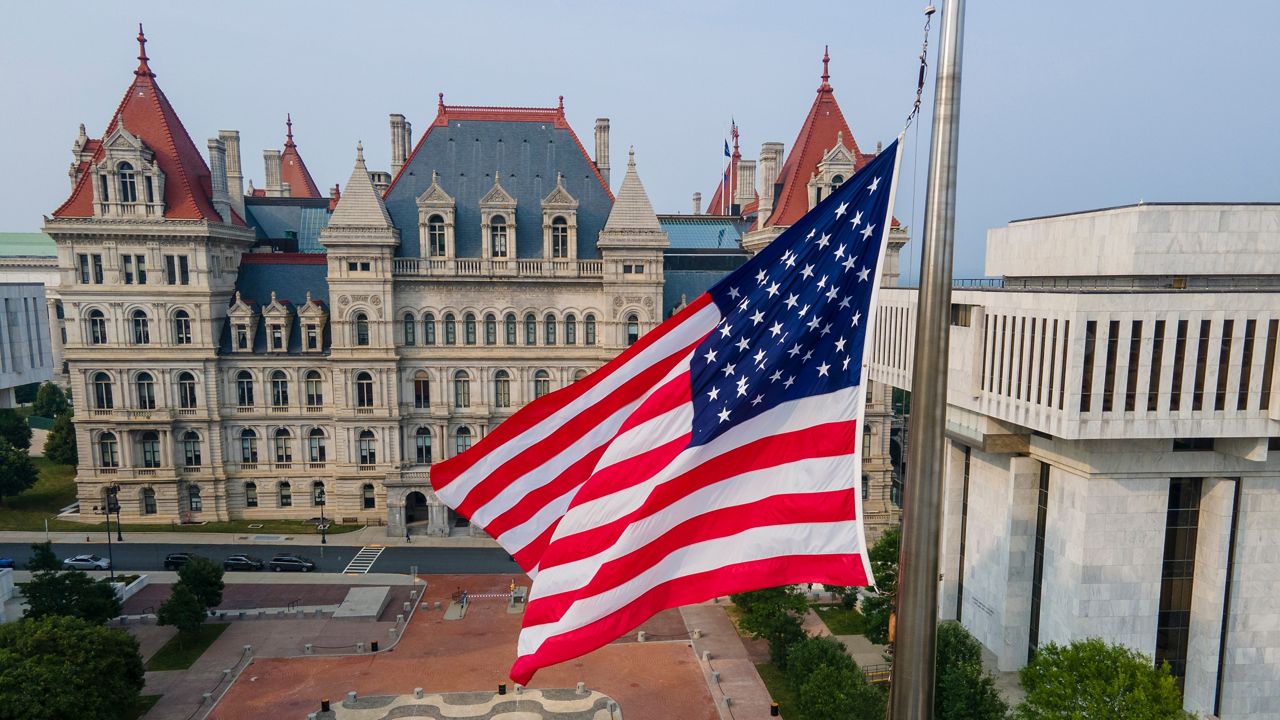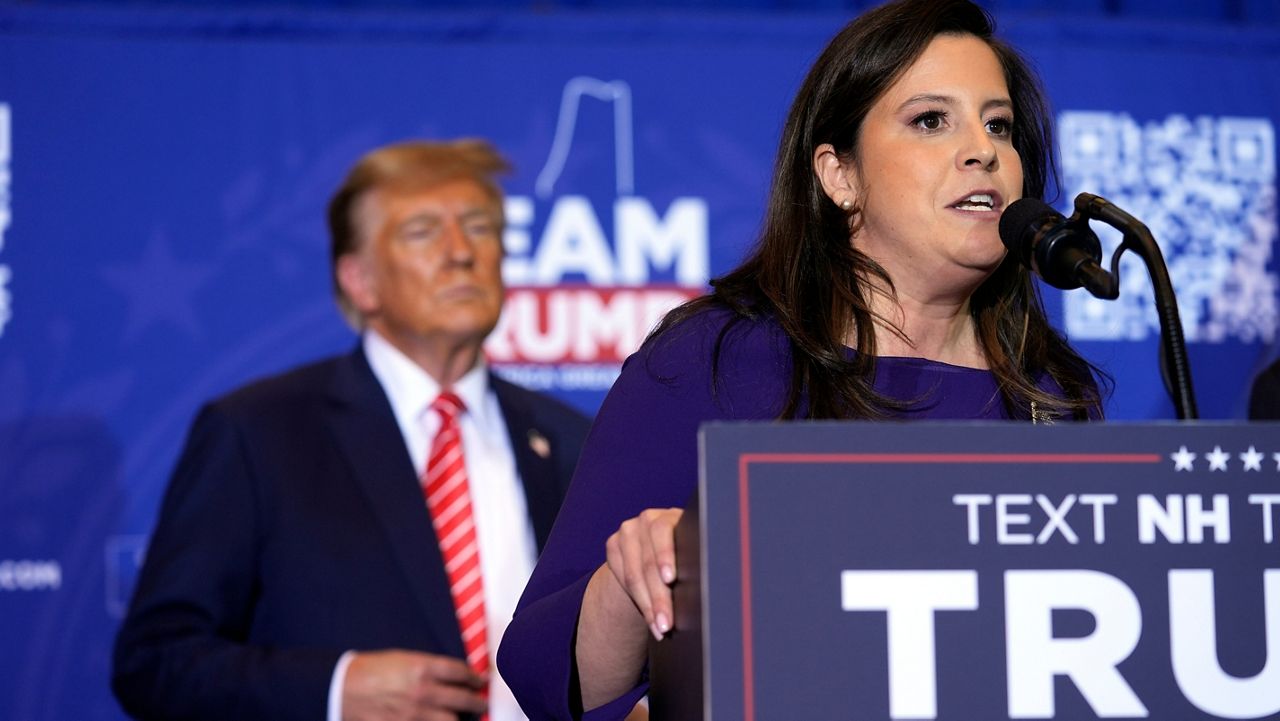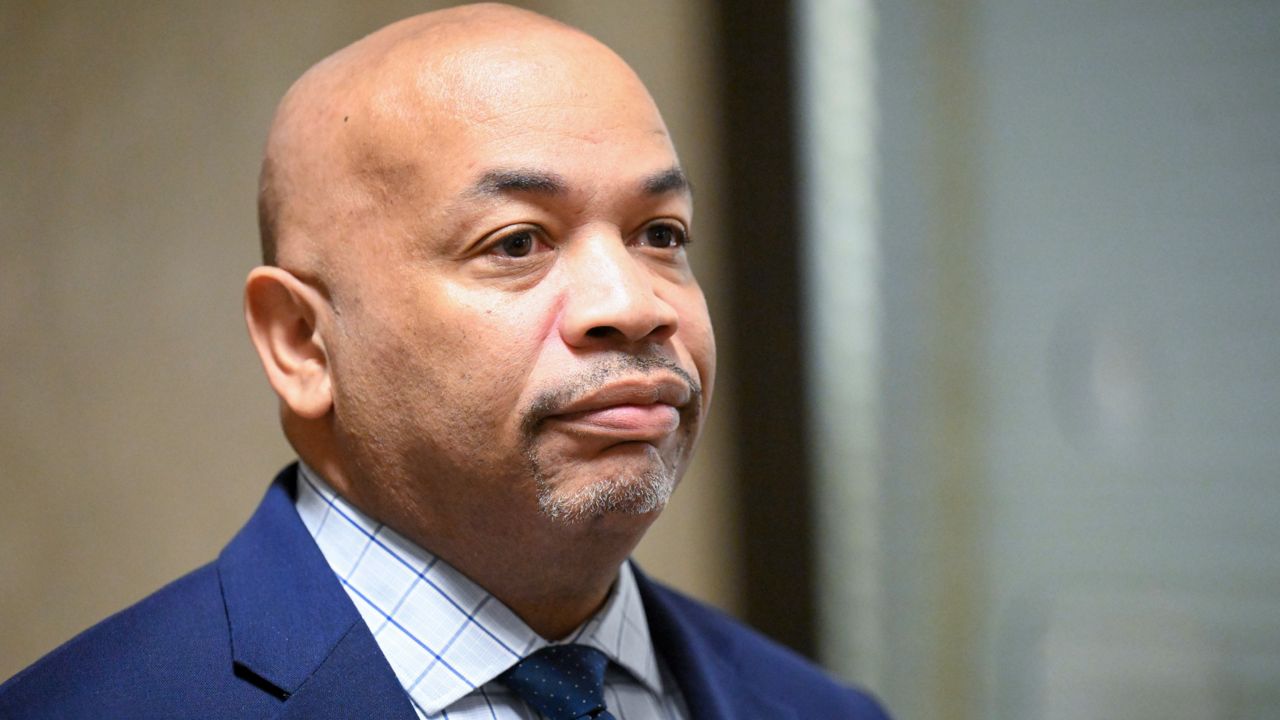A hot, rainy summer is spurring calls for New York to do more to address a changing climate. State officials, meanwhile, are stepping up effort to usher in an electric future.
There are now 150,000 electric vehicles on New York roadways. As the state expects many more in the coming years, the New York State Energy and Research Development Authority's Adam Ruder is trying to make sure there will be enough charging stations.
"We can't do it alone," Ruder said. "We need to work with private-sector partners and a number of state agencies that are all collaborating to make sure there's enough electric vehicle charging infrastructure across the state."
The Hochul administration announced this week $15 million will be spent to expand electric vehicle charging infrastructure – placing stations where people are, including businesses and multi-family homes.
"The whole purpose of this is to make it easy as possible to charge as part of your regular routine and not have to go out of your way," Ruder said.
By the middle of next decade, the only cars sold in New York will be zero-emissions vehicles. At the same time, state officials are working to help school districts transition to zero-emissions buses. The state is helping with infrastructure to do so, along with money from a bond act approved by voters.
"Between that and the money for the buses themselves that we're going to be able to put toward this with the bond act money and federal money, we're really going to try to make this as easy as possible for the schools," Ruder said.
Some advocates, including Alex Beauchamp of Food and Water Watch, say New York isn't doing enough as the state bakes and floods this summer. He is calling for the passage of a measure that would end state subsidies of fossil fuels and end their expansion.
"Climate change is already here and we're already to paying for it," Beauchamp said. "So, not only do we need to move the state off fossil fuels, we also need an enormous amount of money to deal with the impacts of climate change that are already here and are going to get worse."
NYPIRG's Blair Horner, meanwhile, is calling for the approval of a measure that would have companies deemed responsible for pollution to pay to bolster infrastructure.
"They're responsible," Horner said. "They lied about the threat, undermined the science and bamboozled the public and now we're going to pay the price."
Both measures failed to gain final passage in the state Legislature.
The Business Council of New York State has opposed legislation to make it easier to sue companies that are blamed for pollution. The organization has said the proposal would, in essence, mask the cost of the energy transition.
"Meeting New York state’s greenhouse gas emissions reduction and renewable energy product targets will be costly and disruptive, regardless of any long-term benefits, so it is essential that the state’s implementation efforts are cost-effective, workable, and avoid significant damage to the state’s economic climate," the group wrote in a memo of opposition. "We believe there are many reasonable measures that can be part of the state’s implementation plan, and that a broadly applicable carbon pricing mechanisms can be part of that effort."









